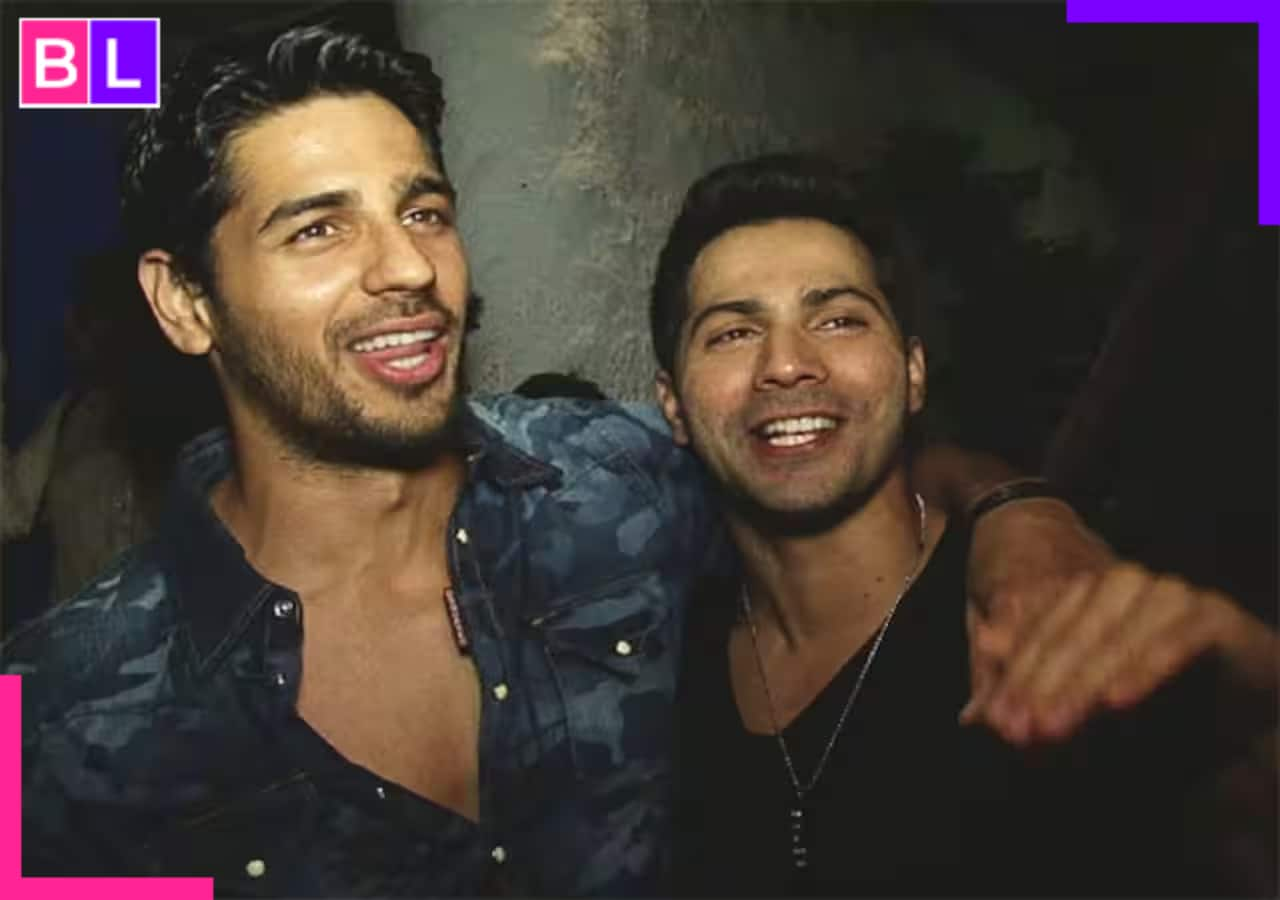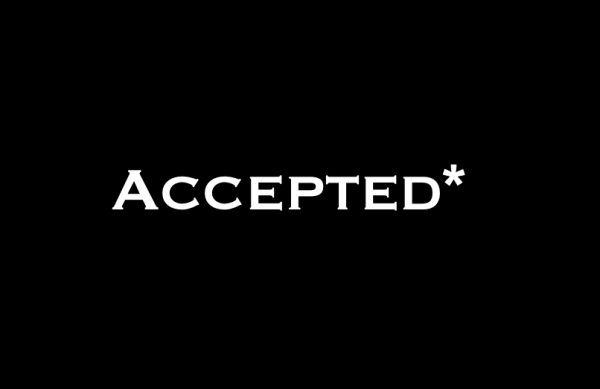As fans of the reality romance genre already well know, this year has brought us such high-concept offerings as The Ultimatum (dating people who, like you, are deciding whether to marry their longtime partner); The Courtship (dating in a vaguely Jane Austen setting); and Lovestruck High (dating in…Mean Girls?). So despite its cheeky title, FBoy Island — launching its second season on HBO Max July 14 — is actually one of the less chaotic dating shows currently available. The two-part question at its heart: can women tell which guys are trifling womanizers, and will knowing those guys’ intentions kill women’s desire to bone them?
Comic Nikki Glaser presides as three women journey to the titular island to meet 26 men — 13 self-described “nice guys,” and 13 self-described “FBoys.” If a woman ends up with a “nice” guy at the end of the process, the couple splits a $100,000 prize. If she chooses an FBoy, what happens to the money is up to him. Each episode involves the usual one-on-one dates and cocktail parties, ending with an elimination “ceremony” in which the guys reveal their identities and the women celebrate their powers of deduction or bemoan their bad luck.
This show will not be for everyone; as with all reality dating shows, the cast is made up entirely of professional and non-professional Instagram models who, no matter what they say about being on the show for “the right reasons,” are here to boost the value of their personal brands regardless of whether they find love (or “love”). With 26 dudes to cover, there is hardly time for even the frontrunners to evince more than one characteristic apiece. Deviating from stereotypical hyper-masculinity in any way is mocked not only by the other guys, but by the show’s editors and the women themselves. After finding out that one of her faves is scared of heights, Tampa dental student Mia Emani Jones makes him parasail with her. Miami-based sales director Tamaris Sepulveda is very interested in another guy’s abs, but when she learns that he’s been journaling about competing for her affections, it’s an immediate turnoff. In short, this is not only a show about compulsory heterosexuality; it also asks the audience to invest in some of the dumbest and most boring straight people in America.
And look, I can’t say for a fact that all three of this season’s female stars — Mia, Tamaris, and Michigan-born model Louise Barnard — are, shall we say, intellectually incurious. Do they seem kind of superficial in their conversations? Sure! Is it a red flag when a dude asks Mia to name her favorite musical artist, and she replies, “I don’t really listen to music, honestly”? I mean, it is for me. But people with strong convictions and compelling opinions don’t get cast on dating shows—and their controversial conversations don’t tend to make a show’s final edit. You’d never know from The Bachelorette, for instance, that eventual season 14 “winner” Garrett Yrigoyen liked social media posts mocking trans people and undocumented immigrants: either Becca Kufrin had no interest in finding out whether she and Yrigoyen were aligned in their fundamental values, or he did not talk about his views on camera. Everyone aiming for sincerity on a show like this either gets flattened, or strategically flattens themselves. (After his social media history became public, Yrigoyen apologized, saying, “I never realized the power behind a mindless double tap on Instagram and how it bears so much weight on people’s lives. I did not mean harm by any of it.”)
And it’s in this respect that FBoy Island distinguishes itself. This show isn’t really about the women (allegedly) looking for love; much as Satan is the most interesting character in Paradise Lost, FBoy Island is built on its villains. Season 1 had a great one in Garrett Morosky, a “Bitcoin Investor” who, unlike some of the other contestants, was gleefully open about his status from the start, calling himself “the king of the FBoys” in his very first talking-head interview. Some of the season 2 guys seem to be following the trail Garrett blazed, or else just happen to be just like him. Whatever the case, Glaser has barely established the show’s premise and structure in the season 2 premiere before Mercedes Knox immediately identifies himself as an FBoy.
But where Garrett made good TV by having a plan and pitilessly executing it, Mercedes is less organized. Sometimes he’s a gifted manipulator—convincing a fellow dude to tell the object of his interest he’d said she was dumb before someone else narcs on him is a true master stroke. But when Mercedes is the one getting tattled on and confronts the snitch about it, their discussion devolves into a dull argument: “You’re an FBoy” vs. “You’re a goofy,” lines they each say several dozen times, if the editing is to be believed. Perhaps the issue is less that Mercedes is good at FBoy-ing, and more that the woman he’s pursuing is a poor judge of character.
I know this is wrong to say, but by the end of season two, I was rooting the hardest for the FBoys’ success. Much like everyone else who’s ever appeared on a reality dating show, no one in the first season of FBoy Island remained in their relationships. Given this undeniable fact, any woman who can’t see through FBoys’ tricks should end up with nothing but self-recriminations. (And any woman who convinces herself that she can “reform” a declared FBoy should not only lose out on the show’s cash purse; she should also have her wages garnished for a year.) But even when some of the men are bad at being bad, FBoy Island remains a fascinating anthropological document of what dating in the 2020s is like for a very specific demographic tranche. And as a vehicle for letting the viewer judge sexy strangers? It’s an f-ing tour de force.





















Discussion about this post